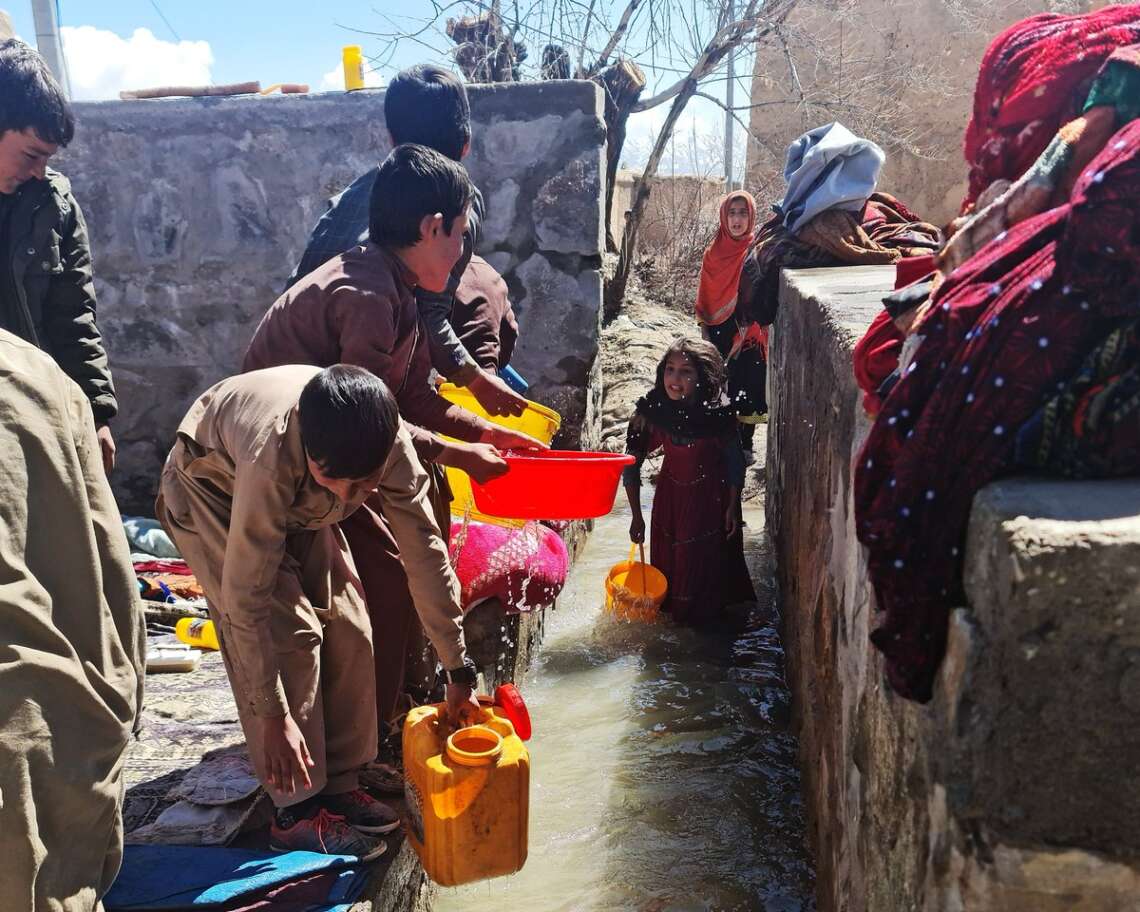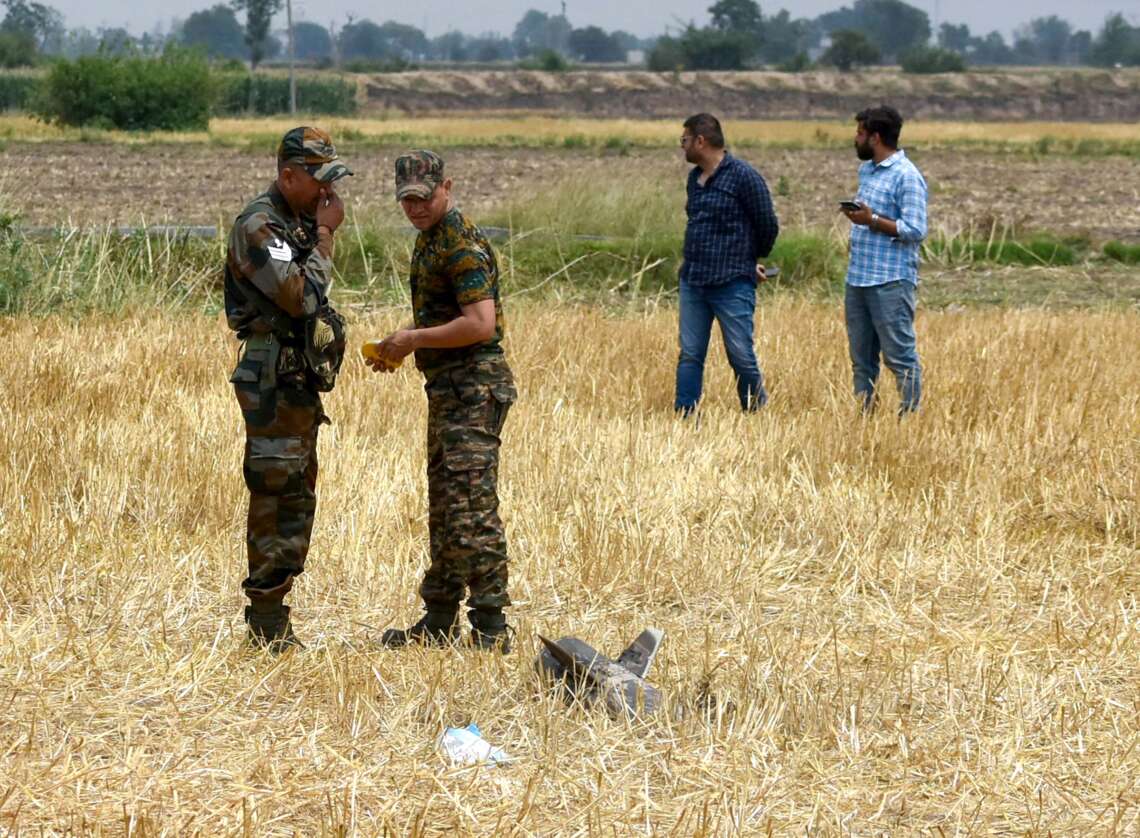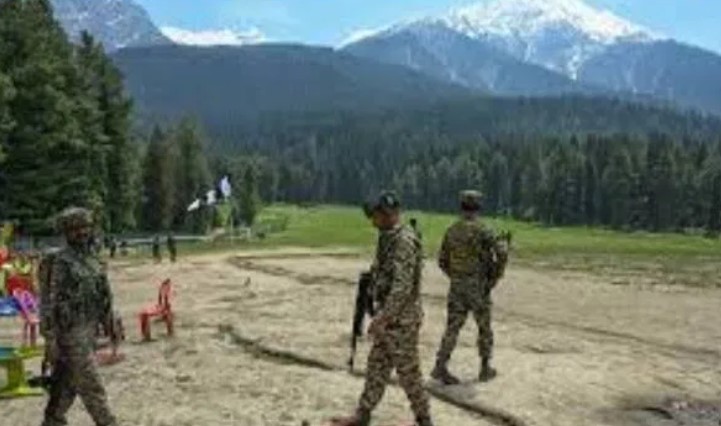Millions in Kabul face unprecedented water shortages as UN warns of disaster. Residents plead for urgent action, but Afghan authorities remain slow to respond.
Afghanistan’s capital is on the brink of a humanitarian catastrophe, as millions of residents in Kabul grapple with an acute and worsening water crisis. Water levels across large swathes of the city have plunged to historic lows, leaving communities desperate and increasingly helpless, Tolo News reported.
In central and western districts, the daily struggle to find clean water has become a life-or-death ordeal. Queues of women and children carrying empty buckets are now a common sight in neighbourhoods where taps have long run dry.
“Everything depends on water. Without it, life becomes extremely difficult. If these petrol stations stop giving water, people will die of hunger and thirst,” said Mohammad Agha, a Kabul resident relying on informal sources for survival.
Another local, Najibullah, painted a grim picture of the toll on the city’s most vulnerable. “Children and women wander day and night with buckets, but there’s no water. A woman told me she couldn’t even perform ablution today because there wasn’t enough water,” he told Tolo News.
According to a recent report by the United Nations Human Settlements Programme (UN-Habitat), nearly six million people in Kabul are now directly affected. The agency described the situation as “unprecedented”, warning that unless urgent steps are taken, the city could see a public health and humanitarian breakdown.
The report calls for massive investment, deeper coordination between agencies, and strong public awareness campaigns to prevent irreversible damage.
For now, residents say the only relief comes from fuel stations that generously allow water access to locals. But even these sources are not sustainable.
“Our children go to neighbours asking for water, but they get beaten and sent away. If the petrol stations close their taps, we will have nothing. We’re pleading with the Islamic Emirate to dig deeper wells so we can have some access, even at night,” said Mohammad Naseem, another resident.
Despite widespread appeals and promises by the Islamic Emirate of Afghanistan, little progress has been made on the ground. Government officials have issued repeated assurances but have yet to implement concrete solutions to address the crisis.
Meanwhile, humanitarian agencies warn that without rapid action, Kabul could face an irreversible disaster — not from war or disease, but from simple thirst.
As the Afghan capital runs dry, residents say they are being left to fend for themselves in what could soon become one of the worst urban water crises of the 21st century.









